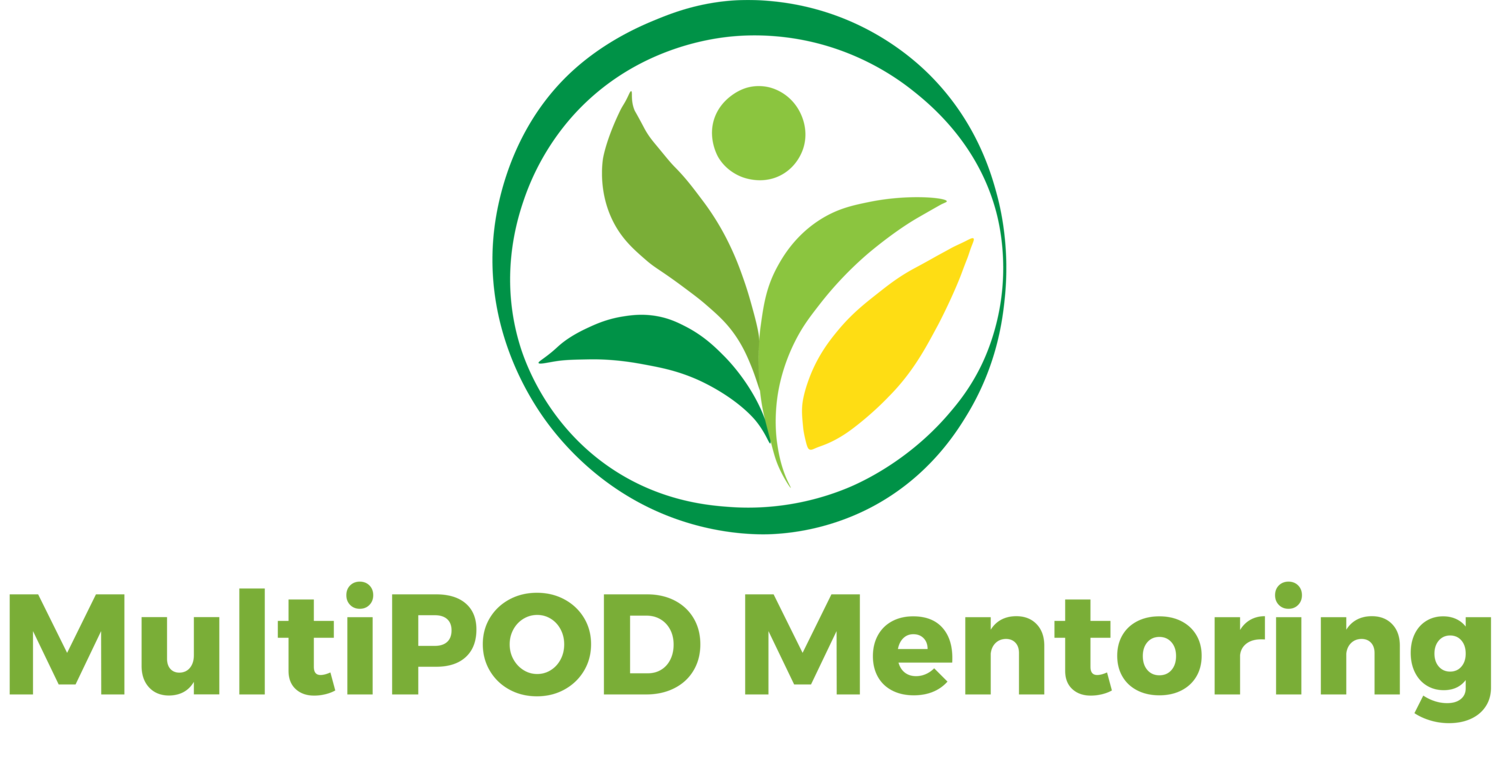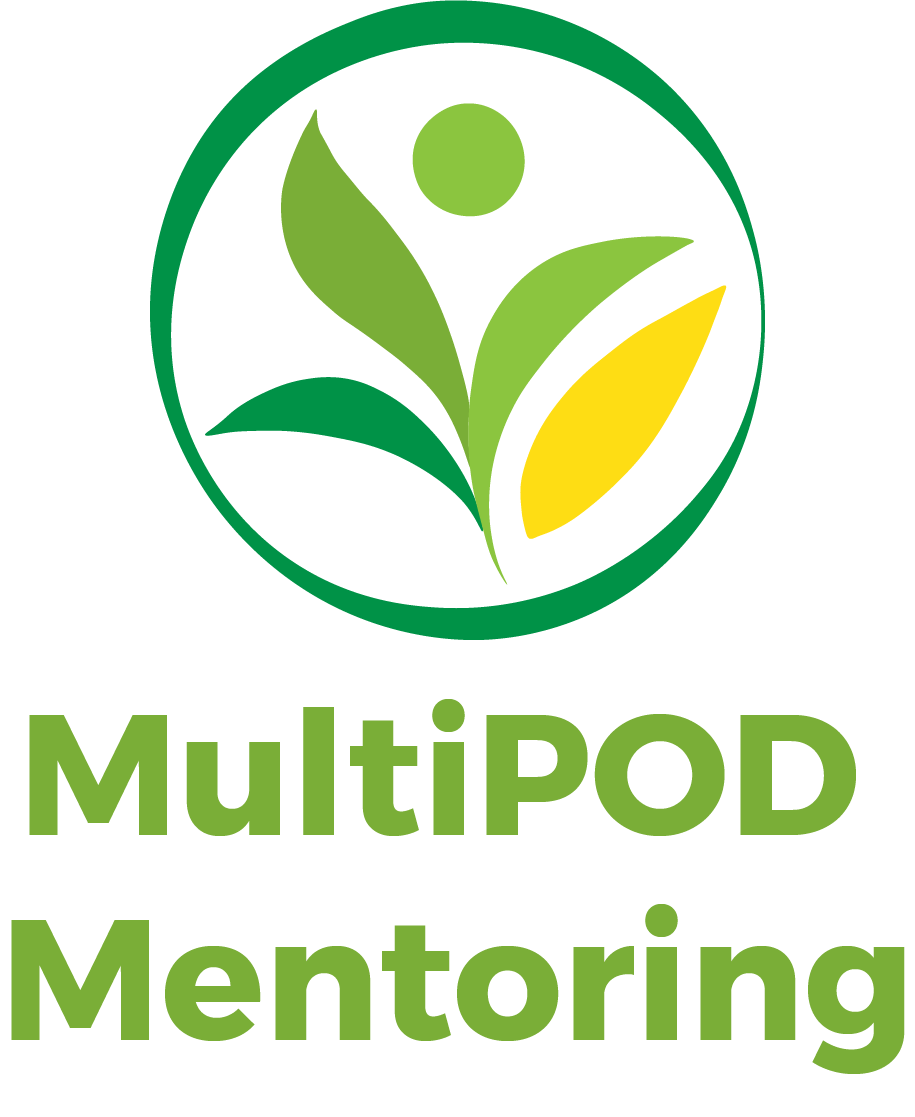Less targets = More scores
Dear Multipodian:
Now that you are actively hunting for a job and have your initial list of possible (and desired) employers, you may continue with the second phase.
Your next step is to reduce the list to no more than five organizations, based on your strongest interests and probabilities of getting accepted. Paradoxically, reducing the number of institutions will increase your odds of being successful.
Focus, accuracy and precision are more important than shooting in all directions or at multiple targets. I recommend that you apply to no more than two or three organizations at one time.It is essential that your qualifications match, as much as possible, all the requirements of the post. If the critical requisites (e.g. nationality, academic degree, language mastery, profession or specialty, etc.) are not met, there's no point in applying. Years of experience are crucial but manageable.
Your resumé must be adjusted and tailor-made to comply with the requirements of the post and the mission of the organization.
This is important: In large organizations the Human Resources Department does the initial screening of the candidates’ qualifications (usually with a checklist), so you must be careful and follow religiously all the instructions and fill out every item that is required in the application. The HR Department role is to reject as many applications as possible for not meeting the requirements or for missing information. Don’t be rejected in the first round.
If a cover letter is allowed or requested, take full advantage of this opportunity. Your cover letter must demonstrate, with short examples supported by your CV or resumé, how you have been successful in your academic activities and previous jobs and how your skill-set matches the responsibilities of the post.
A combination of scientific-technical knowledge and IT skills is highly valued, as are the areas of data analysis, evaluation, monitoring, and project management in general. Multilingualism is a plus, and of course, being an excellent writer and especially, being able to write proposals for research or funding gives you a very competitive edge in the job market.
This is the most important point and the one that gives you a very good chance of being interviewed and possibly, get the desired job in the first try (interviewing is another skill that you should and can learn very rapidly):
You have to show in a compelling way in your cover letter, why and how you are unique (i.e. have an uncommon or distinguishing talent, skill, or vision), extraordinary (i.e. far above average), useful (helpful beyond need or expectation), and especially, effective (producing the desired outcomes and getting the expected results). You must also be very explicit about the contribution or added value that you’ll bring to the organization. Write well and be patient. Your words will be read and appreciated. And you are likely to get the job.
Thank you for reading this; comment if you wish, DZ.


